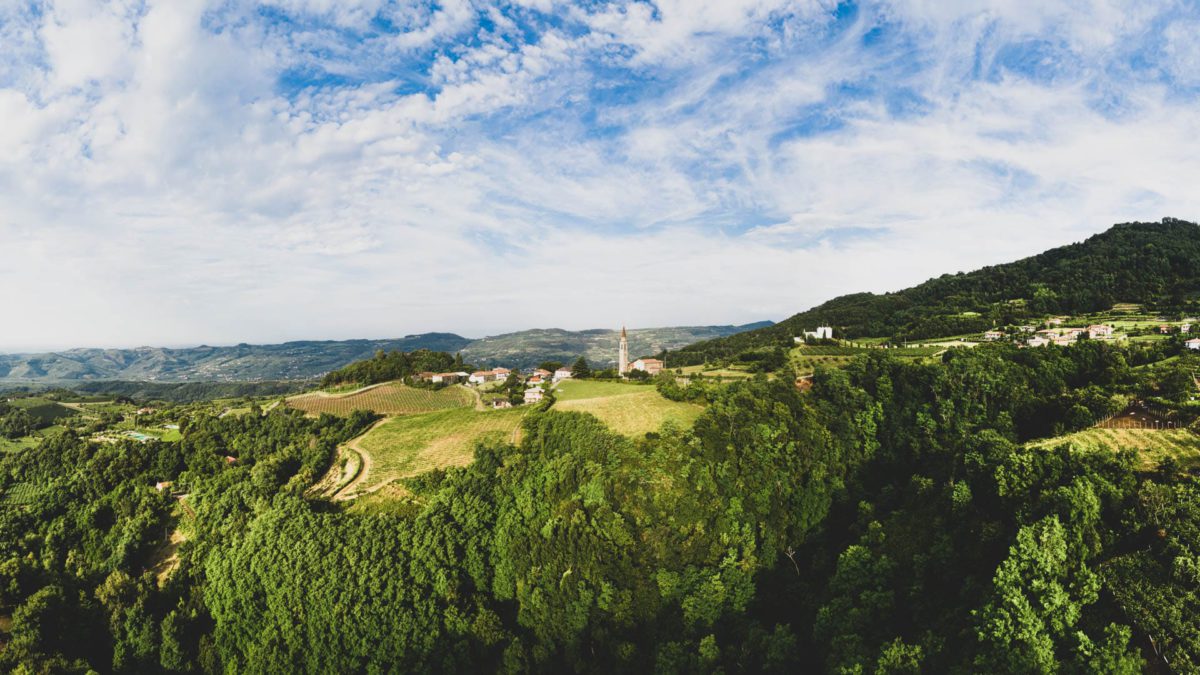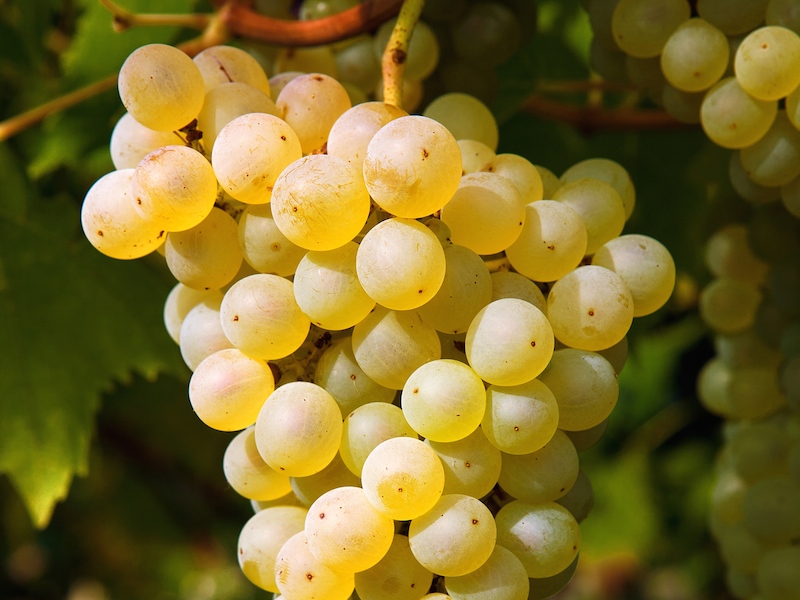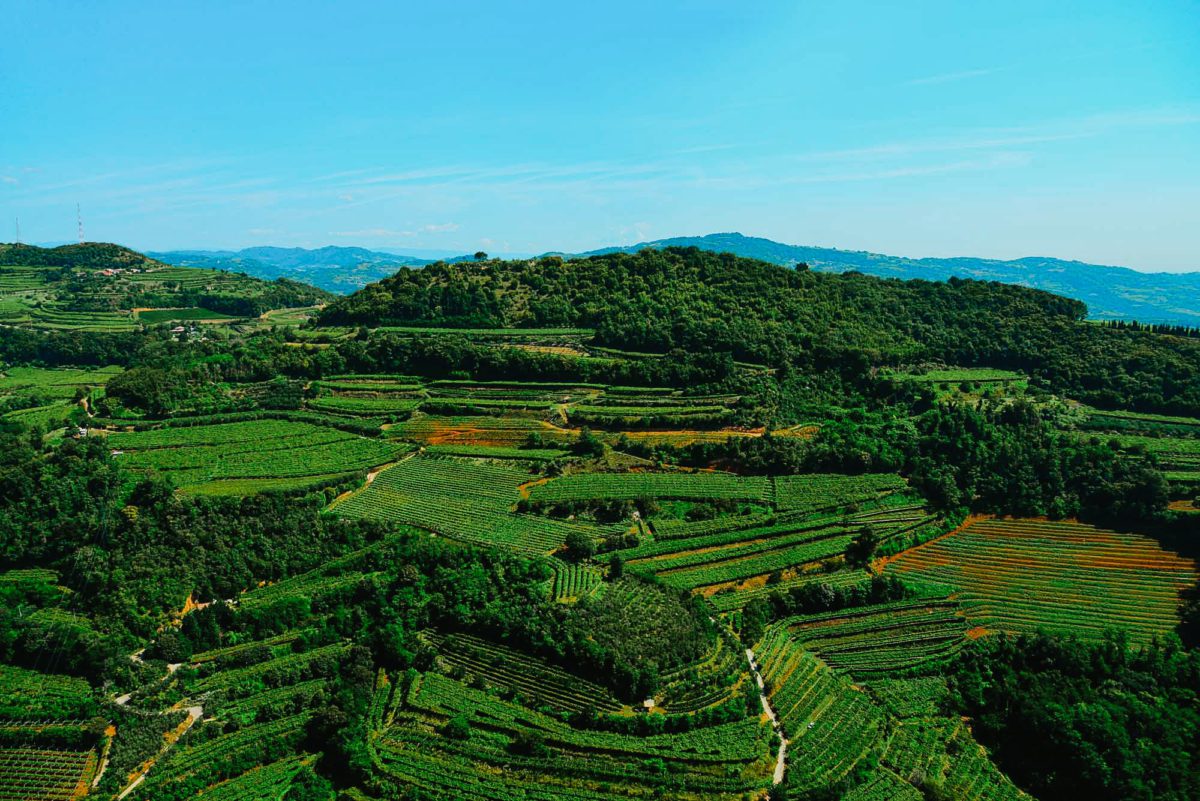The high valleys of Monte Lessini, which cross the provinces of Verona and Vicenza, constitute the extraordinary scenery, as yet uncontaminated and rich in biodiversity, of this “little big” denomination. Little, since the 450 hectares planted with Durella make this indigenous vine a real jewel in the limited yield it provides; big, because the quality of the Classical Method that derives from it places it among the highest peaks of the spumantes of excellent level in the whole country. The origins of this grape are very ancient, as are the volcanic traces that characterise the basalt soils in which these organoleptically original wines are born, marked by an acid, vibrant backbone which only the Durella vine, of all the varieties suited to Classical Method, can bring about.
BRENTON











